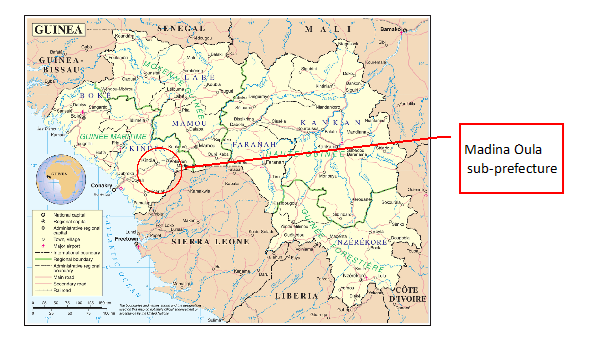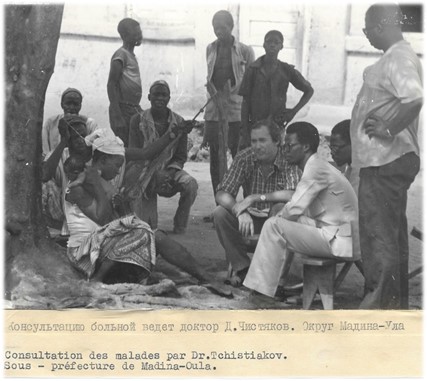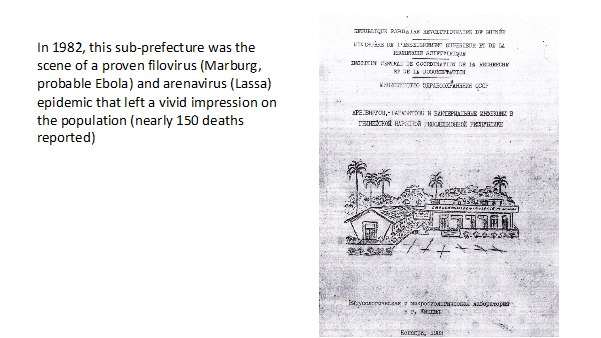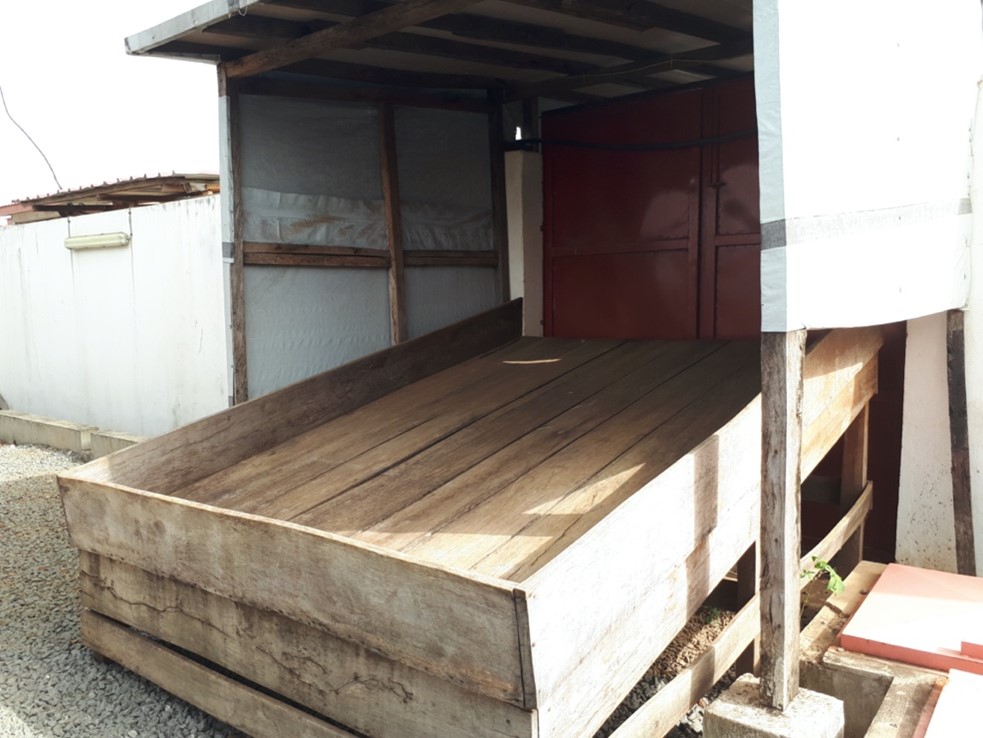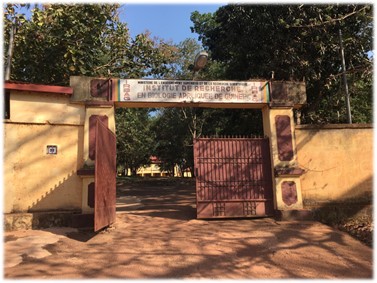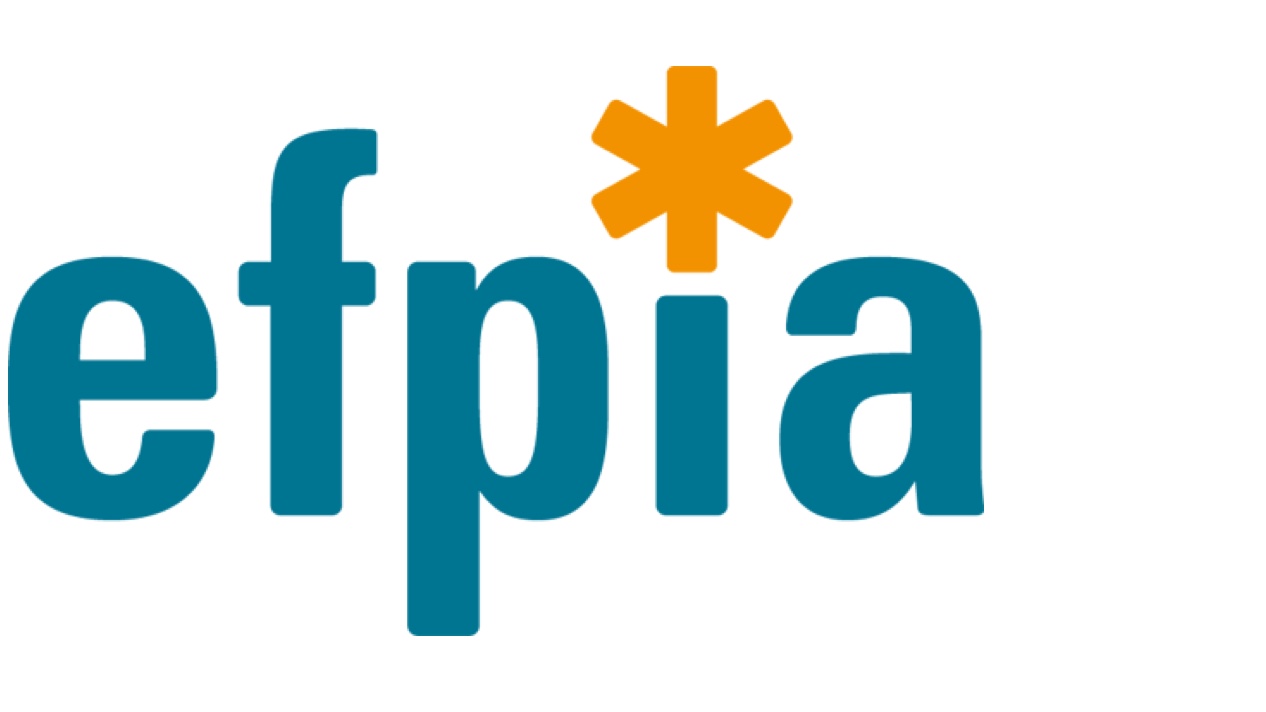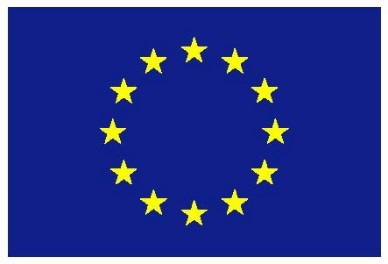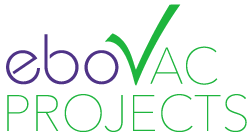Document context and the experience of Ebola (2014-2016)
Through ethnography (observation, interviews, verbal autopsies and commented walks), this study aims to document various topics relating to Ebola and vaccine trials in Guinea, such as postcolonial context, history of political violence, current political tensions, presidential elections, burials, stigmatisation, Ebola Treatment Centres, rumours, vaccination and social logics of the actors concerned.
Memory as preparedness
This study involves archival work and the collection of testimonies about virological research in Madina Oula district, where some of the first research on emergent pathogen outbreaks was conducted from the 1980s. Looking at the history of past epidemics, public health interventions and research on Lassa, Marburg and Ebola, the study aims to uncover community memories of past epidemics and biomedical research and widen the notion of preparedness to the community level.
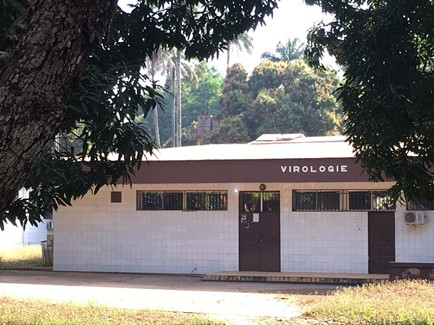
Virology department built in the 1970s at the Institute of Applied Biological Research of Guinea (IRBAG)
Networks of care
This research traces the routes of Ebola through the study of relationships and health journeys. The work focuses on the notion of “family” and its materialisation as a unit of residence, network of care and support, in order to understand virus circulation in the Guinean context. This study is also looking into how these networks have been affected by the COVID-19 pandemic.
Symposium From Pastoria to Global Health
‘’From Pastoria to Global Health, EBOVAC in the light of anthropological, historical & virological explorations’’ will be held at Pastoria, Kindia form 3 to 6th of November 2021. The symposium will provide a space to discuss EBOVAC social science results with a broad audience (public, media, scholars interested and engaged in Ebola responses).
Research outcomes will be discussed in the light of the long history of vaccine trials in Africa, preparedness activities, surveillance and zoonotic disease awareness. Social science researchers from EBOVAC3 will present their work together with around 40 international experts in zoonotic diseases, the history of medicine and virology in Africa and epidemic experiences.
Presentations
“Doing research in times of uncertainty: rethink thesis on Ebola in the light of the covid-19”, Congress of the Swiss Sociological Association (SAA) Social Justice in Times of Uncertainty, Geneva, University of Geneva, 29th June 2021, Le Coq Rubis.
« Beaucoup de bruit pour rien ? Proposition méthodologique à partir d’une ethnographie dans le silence post-ebola en République de Guinée » / “Make some noise ! Methodological proposal from an ethnography in the post-Ebola silence” ICODOC : Le savoir au prisme du langage. Acquisition, Transmission, manifestations, 6th-8th October 2021, Le Coq Rubis.
